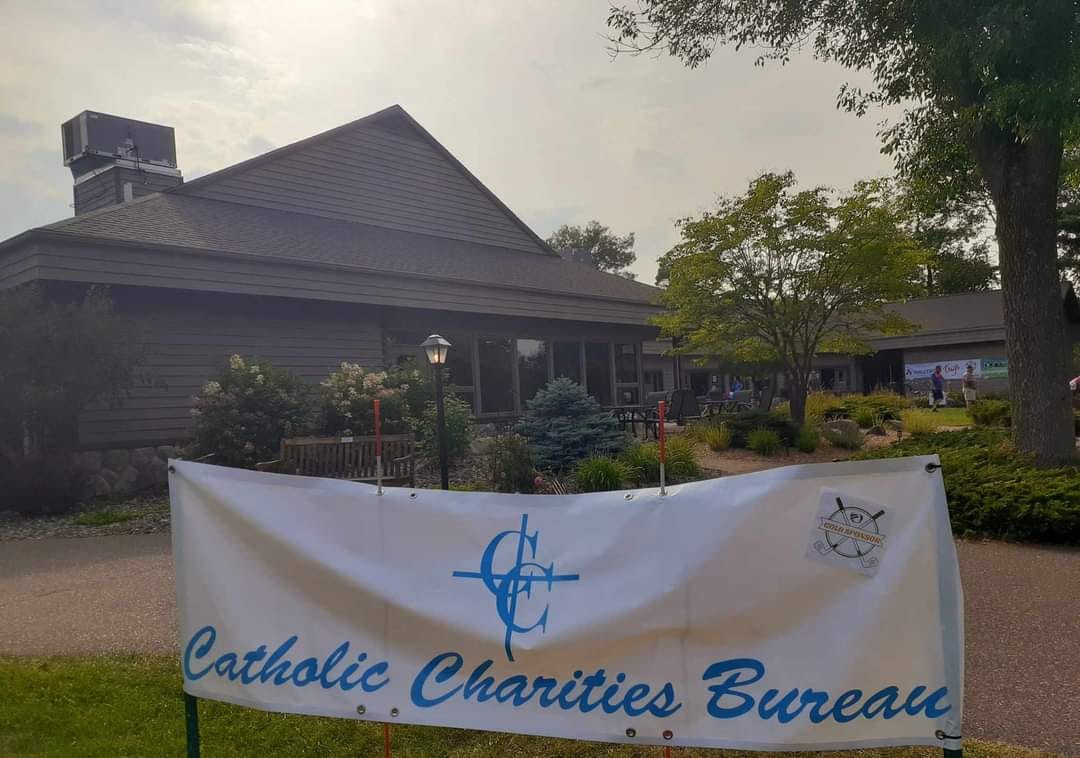Supreme Court to decide if Catholic charity qualifies for religious exemption
Case involves Wisconsin decision finding help for needy was secular in nature
The U.S. Supreme Court has accepted the first case in its current term that relates to constitutional protections for religion.
At issue is whether the charitable arm of a Catholic diocese in Wisconsin is exempt from contributing to the state’s unemployment compensation fund. The Catholic Charities Bureau and client …



